
Nursing courses in Canadian
Course providers in Canadian
The following providers offer Nursing courses in Canadian.


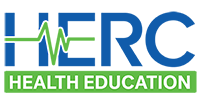

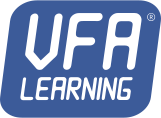
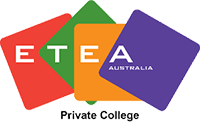

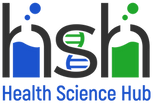

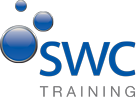



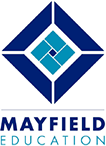




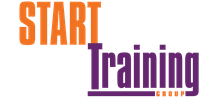
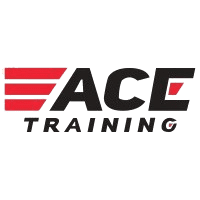



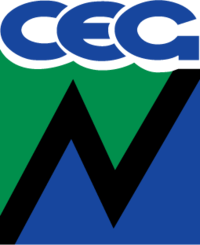
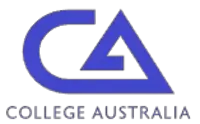


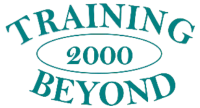


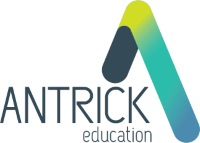
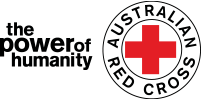




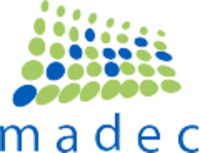
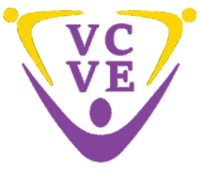



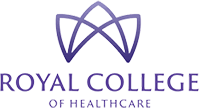
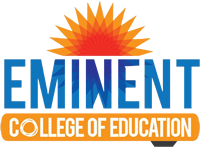






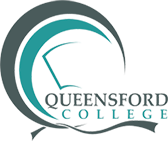
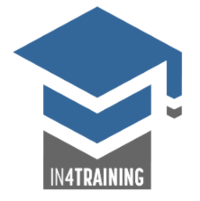

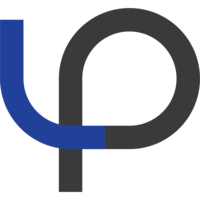



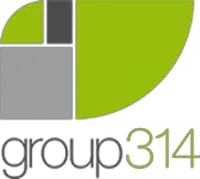



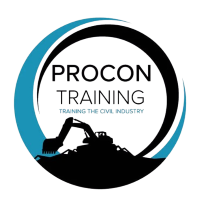


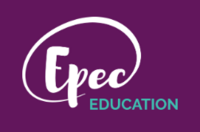
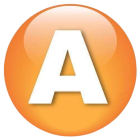
















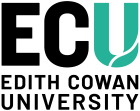








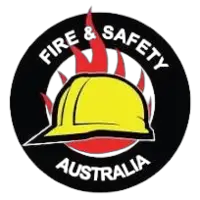

Career Pathfinder
Skills shortages + AI Exposure
Discover in-demand careers and understand how each role may be impacted by AI and automation.
- See in-demand occupations across Australia
- Check AI Exposure ratings
- Compare training duration and average income
Common questions
To become an Enrolled Nurse (EN), you must complete a Diploma of Nursing, which typically takes two years at a registered training organisation. After completing the diploma, you must register with the Australian Health Practitioner Regulation Agency (AHPRA). To become a Registered Nurse (RN), you must complete a Bachelor of Nursing, a three-year degree program at a university. Upon graduation, you also need to register with AHPRA.
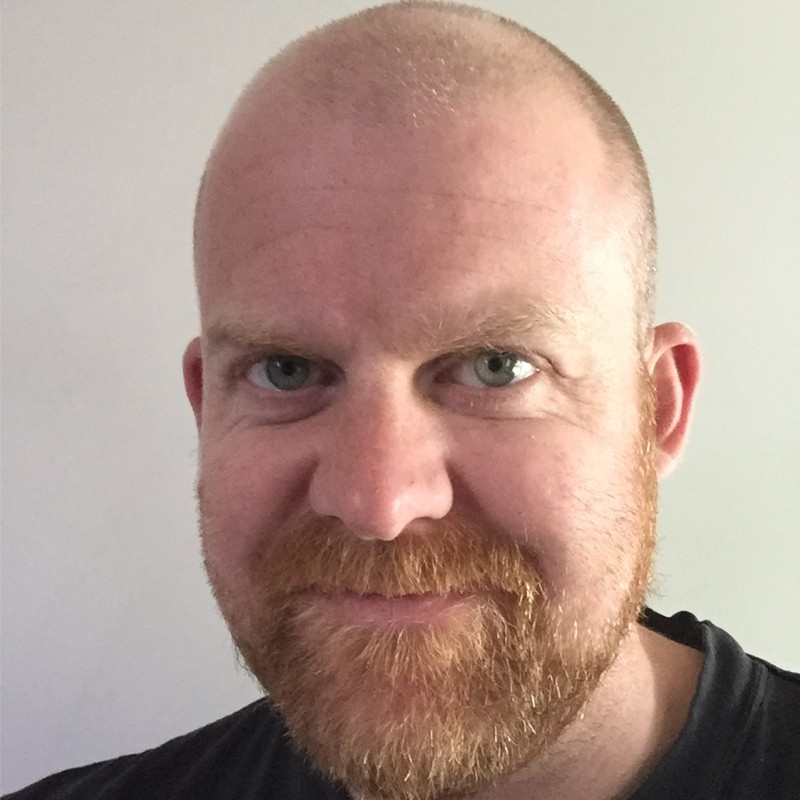 Craig Shepherd
Craig Shepherd
Yes, Enrolled Nurses can advance their careers by undertaking further education. Many universities offer pathways for ENs to complete a Bachelor of Nursing, taking into account their prior learning and experience, which may reduce the duration of the degree. EN’s still need to complete the Bachelor of Nursing, but their Diploma studies may be recognised, reducing the length of training.
 Craig Shepherd
Craig Shepherd
Practical experience is crucial in nursing, and employers love meeting nursing graduates who have already shown a commitment to gaining additional practical experience. While clinical placements are part of your study, there are other ways to gain practical skills, including:
- Clinical placements: Mandatory placements during your studies.
- Hop shifts: Working as an Assistant in Nursing (AIN) or Personal Care Worker (PCW) while studying.
- Volunteering: Giving your time to community health initiatives or volunteering at healthcare facilities.
 Craig Shepherd
Craig Shepherd
Further reading


Why is Nursing a Good Career Choice in Australia?
25th November 2022
What can you do with a Diploma of Nursing?
2nd February 2021All courses
- HLTAID011 Provide First Aid
- HLT33115 Certificate III in Health Services Assistance
- HLTAID014 Provide Advanced First Aid
- HLT47715 Certificate IV in Medical Practice Assisting
- HLT54121 Diploma of Nursing
- HLTAID015 Provide Advanced Resuscitation and Oxygen Therapy
- HLTAID013 Provide First Aid in Remote or Isolated Site
- CHCSS00137 Palliative Approach Skill Set
- Graduate Diploma of Health (Perinatal Mental Health)
- HLTHPS009 Perform Peripheral Intravenous Cannulation
- Graduate Certificate in Acute Care Nursing
- 52831WA Certificate IV in Preparation for Health and Nursing Studies
- HLT33115 Certificate III in Health Services Assistance (Assisting in Nursing Work in Acute Care)
- Master of Nursing
More about Nursing courses
If you are looking to begin a rewarding career in the healthcare sector, the nursing courses available in Canadian, 3350 Australia, are an excellent starting point. With a variety of options tailored for both beginners and experienced professionals, learners can find the right course to suit their needs. Those new to the field can choose from beginner courses such as the Certificate III in Health Services Assistance HLT33115 or the Provide First Aid HLTAID011, both of which equip students with essential skills for immediate entry into the workforce.
As you expand your expertise, consider advanced courses that can further your career prospects. For instance, the Diploma of Nursing HLT54121 provides a pathway to more specialised roles while the Bachelor of Nursing opens numerous opportunities within healthcare institutions. In the Canadian area, these qualifications hold significant value and are recognised by local employers, enabling graduates to join the workforce confidently.
In addition to formal courses, a variety of short courses are available to enhance specific skills. Courses like Provide Basic Emergency Life Support HLTAID010 and Provide Cardiopulmonary Resuscitation (CPR) HLTAID009 are crucial for anyone seeking roles that involve first response in emergency situations. These skills are essential not just in health facilities but also in community settings throughout Canadian.
For those with prior experience, advanced qualifications allow you to specialise further. The Bachelor of Health Science and the Graduate Diploma of Midwifery offer in-depth knowledge and hands-on training. Graduates of these courses frequently find positions in hospitals, clinics, and community health environments within the region, significantly contributing to local health outcomes.
Moreover, the diversity of nursing roles available in Canadian, such as Registered Nurses, Midwives, and Health Care Assistants, is on the rise. Completing courses like the Graduate Certificate of Health (Acute Care Nursing) can further enhance your employability and readiness to face the challenges of today's healthcare landscape. Explore all nursing courses offered in Canadian by visiting Courses.com.au and take a step towards a fulfilling career in nursing today.
